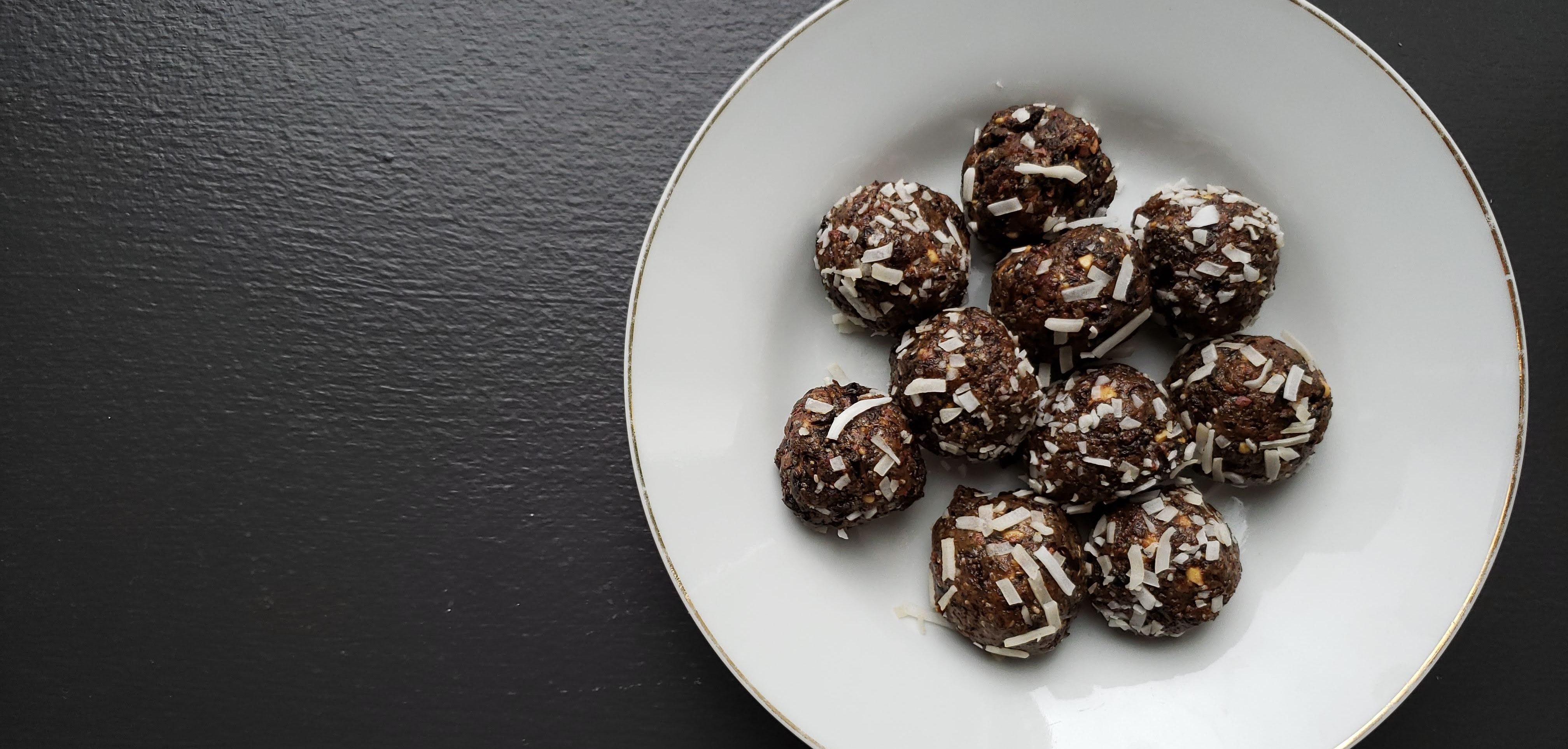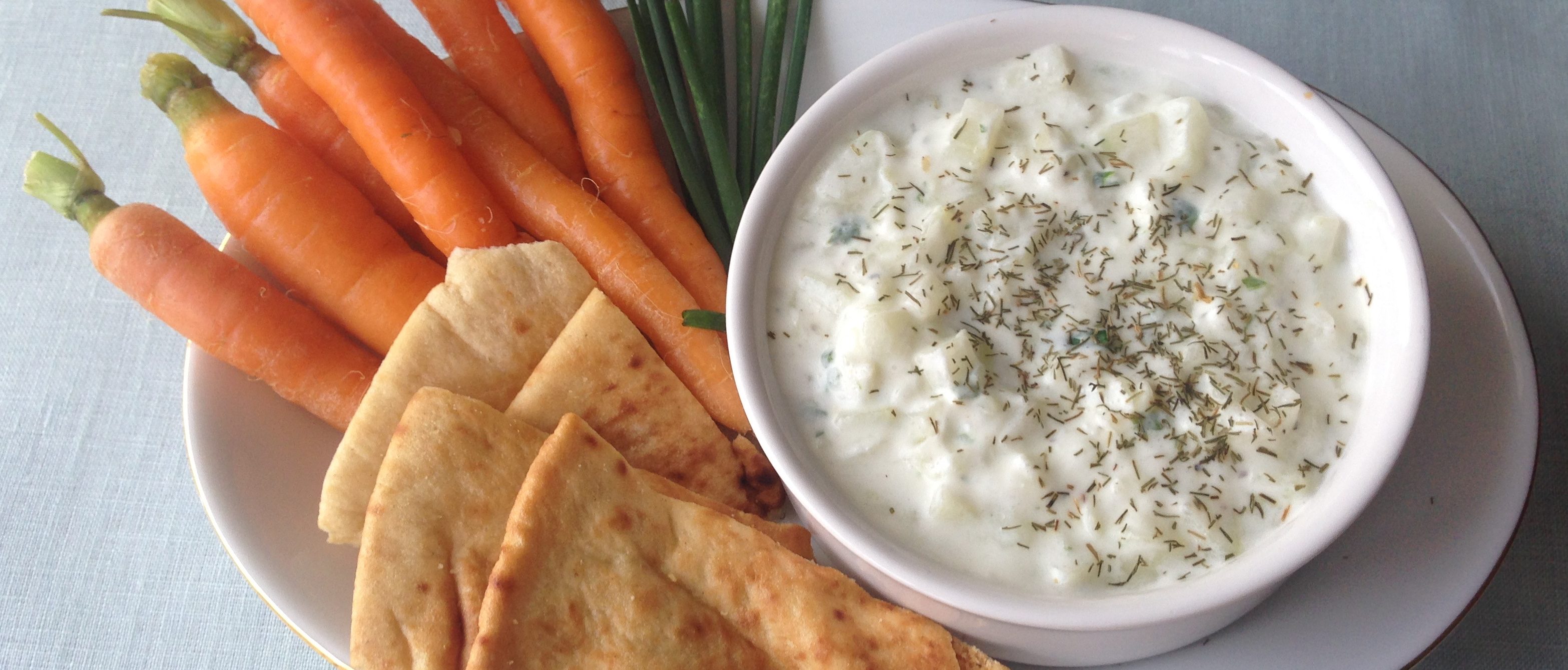Osteoporosis: What to do now to protect yourself later
Don’t wait until a break! Osteoporosis affects half of the women and one in four men in the United States. Learn how your food choices now can affect your bone health later in life:
What is Osteoporosis?
When the word is broken down, osteoporosis literally means “porous bone.” Osteoporosis is a disease in which the density and quality of bone is reduced making them fragile and increasing the risk for fracture.
Our bones are like sponges absorbing important vitamins and minerals like calcium. From childhood into your early twenties, your bones continue to strengthen and form new bone by absorbing necessary nutrients. Unfortunately with age, bone resorption, or breakdown, leads to bone loss. If the bone loss significantly out paces bone growth, this can lead to osteoporosis.
Foods that Promote Bone Health
Dairy
Dairy products including milk, yogurt, and cheese are high in calcium, which is an essential nutrient for building strong bones. Some dairy products have a bonus nutrient of added vitamin D, which helps with the absorption of calcium.
If you can’t consume dairy, calcium-fortified foods like orange juice, tofu and oatmeal are options for meeting the recommended 1,000 mg of calcium each day. Other non-dairy sources of calcium include almonds; leafy greens like collard greens, bok choy and kale; beans; and broccoli. Check out our Healthy Tzatziki recipe featuring a calcium superstar – Greek Yogurt.
Fatty Fish
Tuna, salmon, and other fatty fish are sources of vitamin D, which aids in calcium absorption. In canned versions, some of the small soft bones are included through the canning process, which also makes them a source of calcium! Try our Greek yogurt tuna salad recipe made with canned tuna.

Prunes
You may know prunes to be helpful for digestive health, but surprisingly they can also be helpful in maintaining and restoring bone health! Recent studies have shown that the phenolic compounds and unique nutrients found in prunes promote bone growth and restore bone mass. As few as 5-6 prunes daily can be helpful in managing osteoporosis. Try this Prune Cocoa Bite recipe:
- 1 cup pitted dried prunes
- 5 Tbsp peanut butter or almond butter
- 2 Tbsp. chia seeds
- 2 Tbsp. cocoa nibs
- ¼ cup shredded coconut
In a food processor, combine prunes, peanut butter, chia seeds, and cocoa nibs. Process into a sticky ball until only small pieces remain. Shape mixture into 10 equally shaped balls and coat with shredded coconut!

Foods to Reduce for Bone Health
High-Sodium Processed Foods
When sodium leaves the body, it takes calcium with it, which can deplete the body of calcium. Low levels of calcium can decrease bone density and contribute to osteoporosis, which is why those at risk should keep their sodium intake under 2,300 mg per day. Processed foods tend to be high in sodium, so reducing your intake can help to maintain the body’s calcium. Be mindful of sodium in these foods as well:
- Anything packed in brine, such as sauerkraut
- Canned soups, meats, and beans (look for no salt added options when available!)
- Processed meats, such as ham, bacon, or luncheon meats
- Smoked fish
Need help with nutrition to support your medical condition? The dietitians at FEED are here to help with nutritional counseling as well as in-home meal prep and basic cooking skills. Book an appointment today!
Research for this post was provided by dietetic intern and RD-to-be, Shannon Jones.
